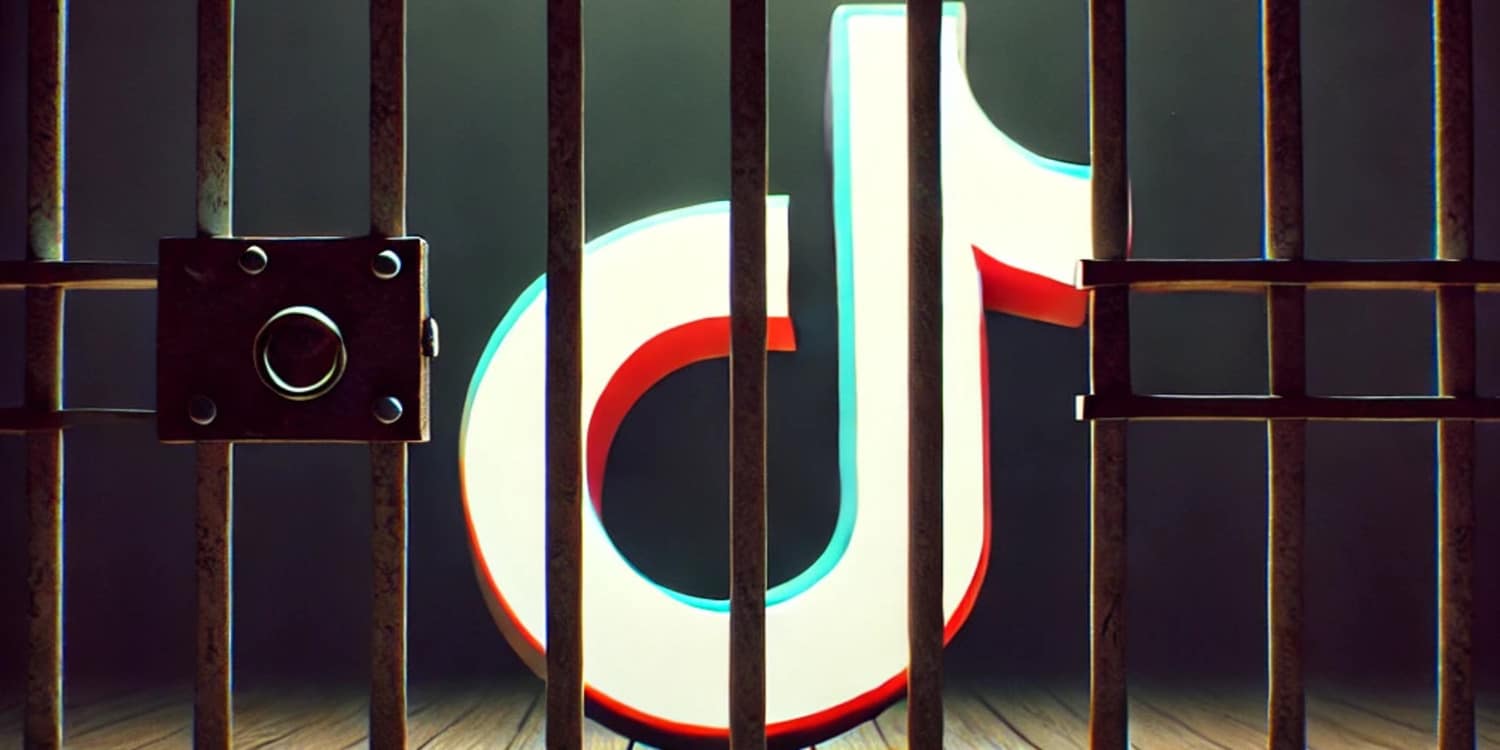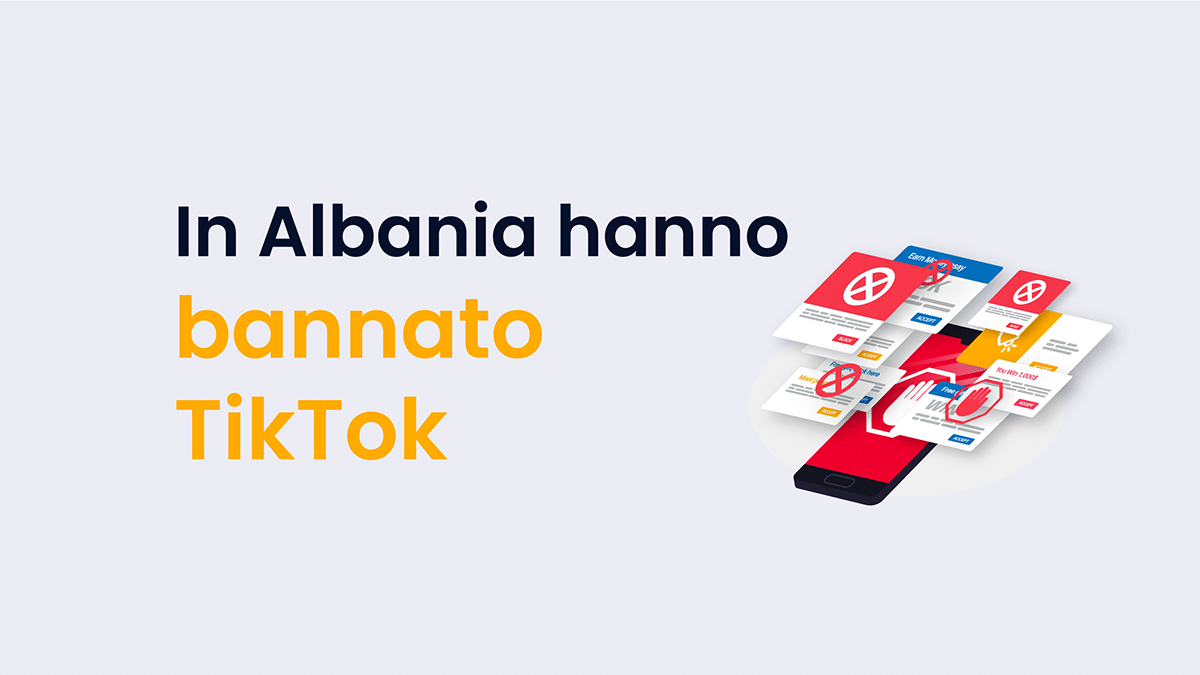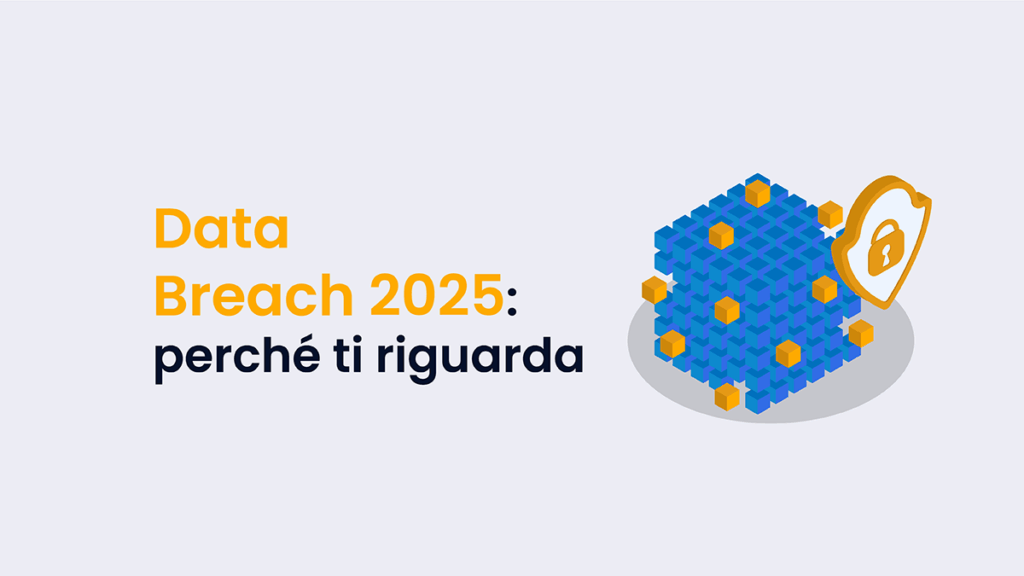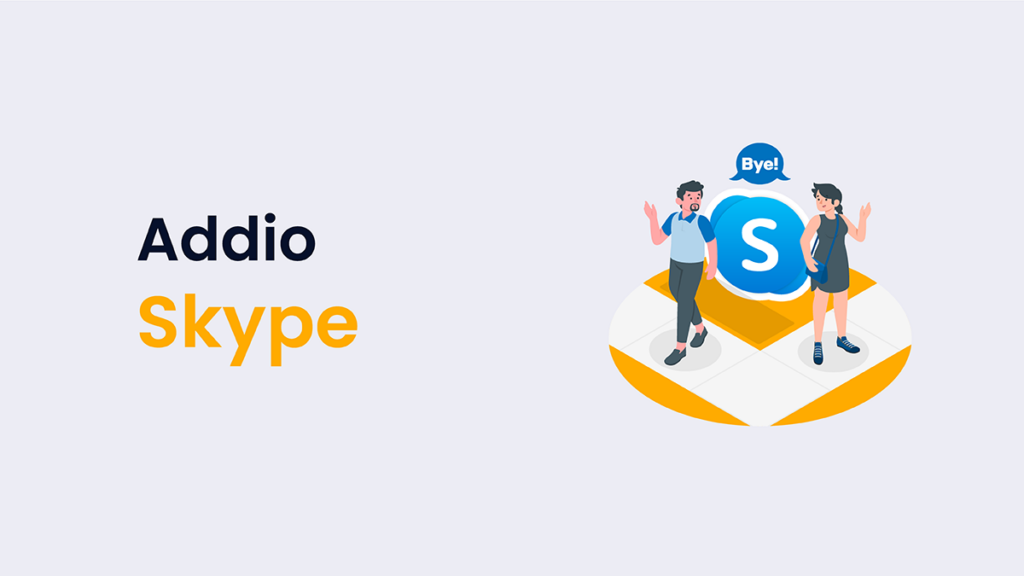Dicembre 2024: il governo albanese annuncia il ban di TikTok per la durata di un anno.
La decisione arriva dopo l’uccisione del 14enne Martin Cani, in seguito a un litigata – con il suo carnefice coetaneo – avvenuta proprio sulla piattaforma cinese. Da diverse fonti web, incluso il video di Channel 4 visto sopra, TikTok al ban avrebbe risposto subito evidenziando che:
“non ci sono prove che i due ragazzi avessero TikTok“.
E che avrebbero discusso su un’altra piattaforma. La piattaforma così chiede chiarimenti al governo albanese, pur senza specificare nient’altro. Dall’altro lato il Primo Ministro albanese Edi Rama rimane fermo sul divieto:
“Il problema oggi non sono i nostri figli. Il problema siamo noi. Il problema è la nostra società e quello che sta diventando. Il problema oggi è TikTok e tutti gli altri strumenti che stanno prendendo in ostaggio i nostri figli” (fonte La Repubblica).
Le vecchie generazioni in gran parte approvano il ban: TikTok fa male, è inutile e ha un’influenza negativa sui giovani. Le generazioni più giovani rispondono che TikTok è anche intrattenimento e divulgazione, che smuove la cultura e che ad alcuni dà anche opportunità economiche.
Quindi, vietarlo sarebbe censura.
Indice dei contenuti
Il governo mantiene la sua posizione sul ban di TikTok: può farlo?
Nonostante le controversie il governo albanese ha confermato il blocco della piattaforma per un anno. Quindi oggi TikTok in Albania non si può usare, e rimarrà così fino al 2026: ma questa decisione è legalmente fondata?
Dal punto di vista giuridico, il governo albanese ha il potere di limitare l’accesso a piattaforme digitali per motivi di sicurezza pubblica.
Tuttavia, la Costituzione dell’Albania e le normative internazionali sulla libertà di espressione potrebbero entrare in conflitto con questa decisione. Quindi nel paese non sarebbero solo i giovani a chiamare alla censura, ma ovviamente anche l’opposizione politica e organizzazioni a tutela dei diritti digitali come SCiDEV, che ha proprio sede a Tirana.

A livello europeo – però – la regolamentazione delle piattaforme digitali è disciplinata dal Digital Services Act, che impone alle aziende tech di adottare misure per contrastare la disinformazione e i contenuti pericolosi. Se l’Albania quindi entrasse nell’Unione Europea, il divieto di TikTok potrebbe essere soggetto a revisioni, con esiti diversi: da una parte il divieto potrebbe essere infondato; dall’altra TikTok potrebbe essere reintrodotto nel paese a patto di adeguarsi adottando pratiche più incisive a tutela dei giovani. In questa zona di grigio, TikTok potrebbe virtualmente intraprendere un’azione legale per contestare il blocco, come avvenuto in passato in altri paesi dove la piattaforma è stata vietata temporaneamente.
Ma questa volta TikTok sta investendo più di due miliardi per la sicurezza dei 175 milioni di utenti mensili europei (fonte La Repubblica).
Altri governi seguono la linea dell’Albania: perché?
Il blocco di TikTok in Albania non è un caso isolato.
L’India ha vietato TikTok nel 2020 insieme a decine di altre app cinesi, citando rischi per la sicurezza nazionale. Negli Stati Uniti, alcuni stati hanno imposto restrizioni sull’uso della piattaforma nei dispositivi governativi, e si discute da tempo di un possibile divieto totale. Anche l’Unione Europea ha preso provvedimenti: nel febbraio 2023, la Commissione Europea e il Consiglio dell’UE hanno vietato l’uso di TikTok sui dispositivi ufficiali, citando preoccupazioni legate alla sicurezza informatica. Direzione, seguita da Francia, Belgio, Paesi Bassi e Norvegia.
Anche il Nepal, nel novembre 2023, ha annunciato un divieto totale, giustificandolo con la necessità di preservare l’armonia sociale.
E questi sono solo alcuni della schiera di paesi occidentali – e non solo – che hanno imposto blocchi nel tempo… o che prevedono di applicarli.
Le conseguenze del ban di TikTok sul marketing digitale
La decisione del governo albanese dimostra che i governi possono intervenire in modo drastico sulla regolamentazione delle piattaforme social, creando incertezza per aziende, creator e pubblicitari che dipendono da questi strumenti. Tra questi potresti esserci proprio tu che stai leggendo.
Rimanere informati su questi sviluppi non ci fa mancare la terra sotto i piedi.
Un altro effetto è il possibile effetto domino in Europa. Se altri paesi seguiranno l’esempio albanese, TikTok potrebbe subire più restrizioni e anche più severe, costringendo chi si occupa di marketing digitale a fare più attenzione a come si muove.

Pensaci: quanto è stato facile per alcune aziende vendersi con una forte base su TikTok, dove la viralità è più probabile? Se una strada funziona perché investire tempo ed energie in altre? Perché mettersi su Instagram, Facebook o lavorare sulla SEO di un sito web, quando basta pubblicare 1 o 2 video al giorno per avere conversioni? Le bolle si gonfiano e si sgonfiano… ogni tanto ritornano, ma non è sempre detto.
Bisogna diversificare per adattarsi
Perché TikTok potrebbe essere instabile siccome è nelle lenti di molti Stati. Rientra nell’attuale quadro di guerriglia tecnologica dove le big tech si guardano con sospetto. In questo caso parliamo di aziende cinesi e dei loro prodotti nel mirino. Guarda che è successo con DeepSeek. Bisogna diversificare. Bisogna creare una rete di azioni, come si fa con gli articoli quando si lavora di SEO: con l’articolo e basta non compari sulla prima pagina di Google, ma devi fare link building – creando contatti e scambi con altri siti – avere il sito accessibile, performante, veloce, deve essere responsivo – quindi deve adattarsi a ogni dispositivo – e via dicendo… insomma, sui social tocca lavorare con la stessa filosofia: diversificare.
Quindi – sì – i ban di TikTok hanno conseguenze sul marketing digitale, ma limitatamente a quanto aziende e creator si appoggiano alla piattaforma.
In fondo, i social sono in continua evoluzione… e il format TikTok è replicabile!










